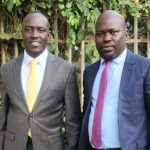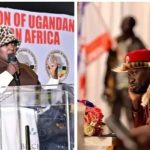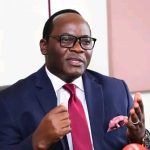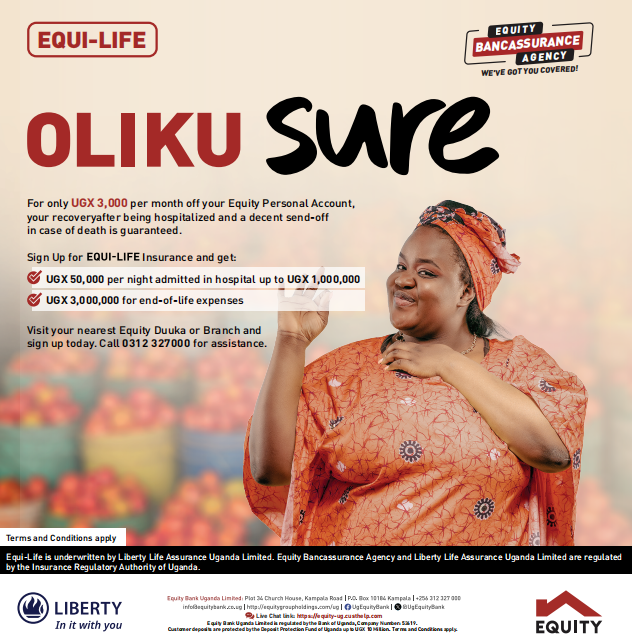About two weeks ago, during an interview with the BBC, Africa’s richest man, Aliko Dangote, came close to tears as he discussed the significant business challenges he is currently facing.
Several months ago, Dangote announced the launch of one of Africa’s largest oil refineries, aiming to produce affordable fuel for the public. However, since the refinery’s opening, Dangote has encountered numerous obstacles. The Nigerian government, one of the world’s top oil producers, claimed it lacked crude oil to supply to Dangote.
This situation frustrated Dangote, who then sought to import crude oil from Brazil and the United States. However, to his dismay, when attempting to bring this crude oil into Nigeria for refining, the government opposed the move, citing a lack of import licenses. Despite his efforts, Dangote’s refinery did not receive the necessary licenses.
Dangote, visibly distressed, expressed his surprise at the extent of the oil industry’s influence, suggesting that stakeholders might have manipulated him into building the refinery only to later obstruct its operations.
Although Dangote’s other business ventures might prevent him from facing financial ruin, this setback is a major blow to his enterprise.
In the midst of Dangote’s frustrations, President Bola Tinubu of Nigeria has directed the Nigerian National Petroleum Corporation (NNPC) to sell crude oil to Dangote’s refinery in the country’s currency, Naira.
Bayo Onanuga, the President’s Special Adviser on Media and Strategy, announced this decision on his official X account last Monday. Onanuga stated that the measure aims to stabilize the price of refined oil and the exchange rate of dollars to Naira. The Federal Executive Council approved this step.
Currently, Dangote’s refinery requires 15 shipments of crude oil annually, costing approximately $13.5 billion. However, the NNPC has committed to supplying only four shipments. The Federal Executive Council has authorized the sale of 450,000 barrels intended for domestic use to be sold in Naira to Nigerian refineries, using Dangote’s refinery as a pilot project.
A growing conflict is emerging between Dangote and the Nigerian president in Africa’s most populous country. Dangote, upset by the government’s allegations that he seeks to monopolize the oil refining sector with his $20 billion investment, has abandoned plans to build a large steel plant in Nigeria, fearing similar accusations.
Nigeria, the largest oil producer in Africa, may face challenges in meeting its oil demands without Dangote’s refinery. The country would need to import nearly all of its automotive fuel.
A regulatory official in Nigeria’s oil sector stated that Dangote wants to ban the import of diesel to enhance the efficiency of his refinery and has questioned the quality of the oil from the government’s suppliers.
This follows Dangote’s claim that the government’s oil company failed to deliver 300,000 barrels of crude oil daily as agreed. Dangote criticized the authorities for prioritizing import licenses, which benefit Nigerian elites, over fostering domestic industry growth.
For Dangote, who was permitted to thrive under previous administrations through multi-billion-dollar investments, this conflict has been a significant shock. Antony Goldman, founder of Promedia Consulting, noted that Dangote has previously faced accusations of benefiting from monopolistic practices and that critics now fear similar issues despite relying on imports and importers.
Since July 2023, Dangote’s refinery has accused International Oil Companies (IOCs) of obstructing its operations by refusing to sell crude oil or by directing sales to Asian countries and foreign branches instead of prioritizing Dangote’s refinery as mandated by the National Upstream Petroleum Regulatory Commission (NUPRC).
Dangote and his team have also accused oil vendors of engaging in smuggling practices, such as importing adulterated diesel. Despite the Petroleum Industry Act (PIA) of 2021 allowing imports under certain conditions, vendors have continued to disregard Dangote’s refinery and have imported oil instead.
Surprisingly, Dangote has revealed that he owns no properties outside Nigeria. He has two homes, one in Kano and one in Lagos, and resides in a rented property when visiting the capital, Abuja.
In January, Forbes named Dangote Africa’s richest person for the 13th consecutive year, despite economic difficulties in Nigeria. His wealth increased by $400 million last year, reaching a total of $13.9 billion (over Sh37.5 trillion).
Dangote, aged 66, accrued his wealth through the cement and sugar industries and last year opened the oil refinery in Nigeria’s economic hub, Lagos. His remarks have surprised many in a country where wealthy individuals often own luxury properties abroad.
Dangote’s decision to remain in Nigeria has sparked discussions on social media, with some considering it a wise business move due to lower tax costs compared to purchasing property. Dangote explained that his focus is on seeing Nigeria grow rather than owning property overseas.
Dangote’s Lagos home is a luxurious residence in the renowned Banana Island area, while his Kano home is modest and was used to host guests during the mourning period for his late brother, Sani Dangote, in 2021.
Public affairs analyst Sani Bala praised Dangote for setting a positive example, suggesting that Nigerians need to rethink the notion that owning multiple properties equates to success when funds are needed elsewhere.
Despite these challenges, Dangote continues to face investment barriers in Nigeria.























